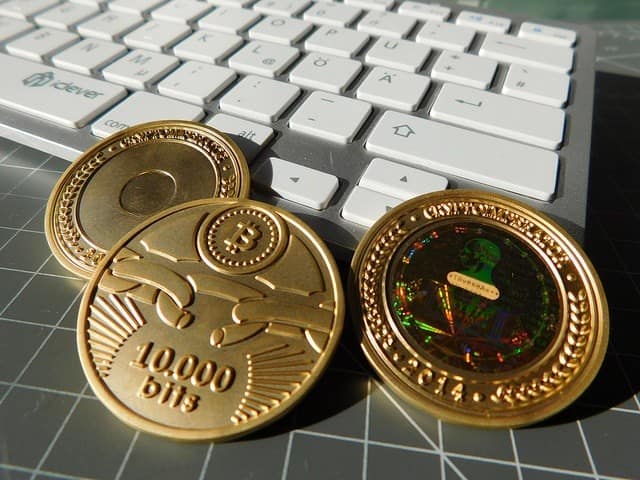For anyone who even casually observes the cryptocurrencies market, it is clear that there is always something going on, that it is a fast-paced, ever-changing and exciting industry. But what are the big stories of the moment that are catching the attention of traders around the world?
The hard fork
For a little while now, traders have been aware that something was looming within the bitcoin and Ethereum markets. Blocks are becoming too large and this means that there are high fees, low transaction throughout and most crucially, slow transactions. At the beginning of August, developers, programmers and investors all undertook a user-activated soft fork with the aim of determining essential procedural rules for the future. This fork affected Bitcoin and altcoins, whose prices are influenced by it.
But there is still talk of a hard fork despite these efforts and this very serious matter looks to be on the near horizon for traders. There are two main points for those dealing in cryptocurrency trading opportunities to remember with a hard fork:
- Any bitcoins in your personal wallet before the hard fork takes place will exist in both chains after it
- Any bitcoins held in an exchange or by another third party will exist only on a single chain that the third party considers to be valid. So, to trade during the hard fork, you need to know the exact position of the bitcoins and have an official statement that hopefully, the third party will honor.
Most experts believe that the combined value of multiple competing versions of Bitcoin after the hard fork is less than those of a single, cohesive Bitcoin, certainly in the short term. Ethereum, Bitcoins major rival, saw a plummeting value when it hard forked. There was extreme disruption for a time but things have now steadied.

The China factor
Perhaps the biggest story in cryptocurrency markets at the moment relates to China’s move to crypto exchanges. Shanghai has been ordered to close exchanges within its jurisdiction and the Shanghai-based BTCC has plans to end trading by the end of September. The two largest exchanges in the country, OKCoin and Huobi, have been given leave to extend trading until the end of October.
The country has confirmed that it doesn’t plan to ban bitcoin entirely, although there may be a temporary ban while a new licensing program for new trading platforms is instituted. President Xi, known as an advocate of free markets, could secure the future of cryptocurrencies if he is re-elected in November this year.






